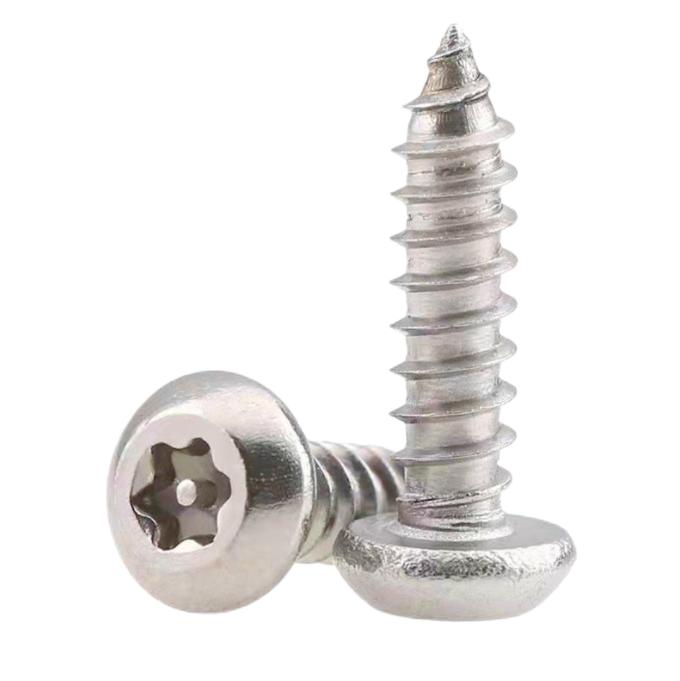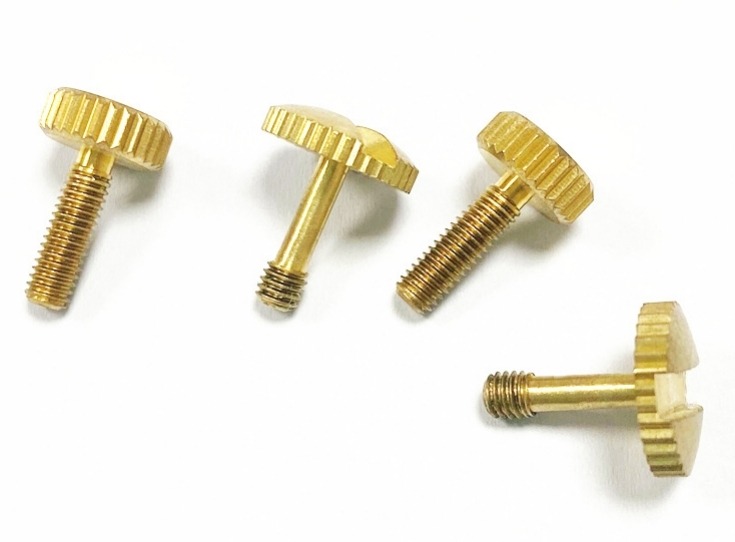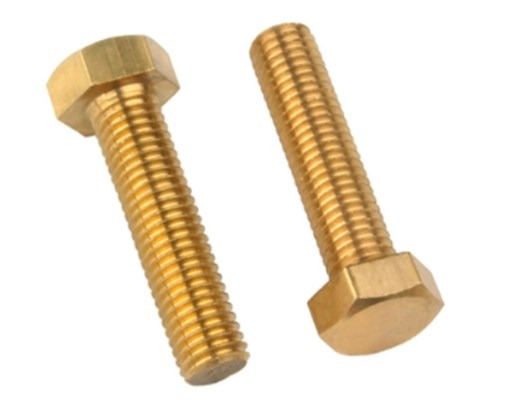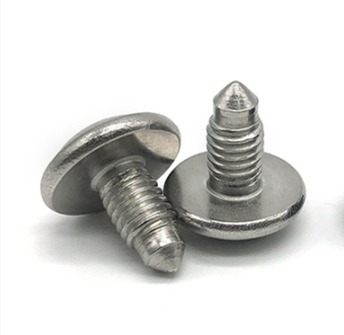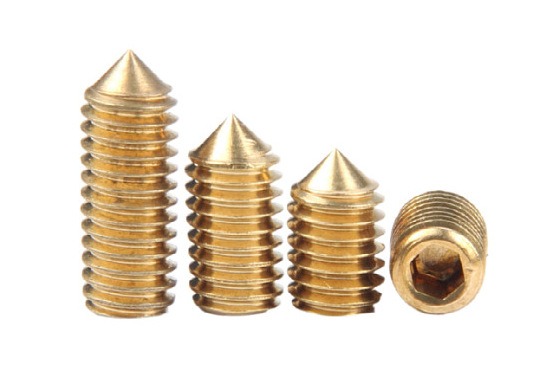What is the difference between brass screws and bronze screws?
What is the difference between brass screws and bronze screws? What are their advantages and what industries are they applied to? Let’s first understand the difference between brass and bronze materials, and then identify the difference between brass screws and bronze screws from the material.
What is brass material and bronze material? How are they different?
There is a clear difference between brass and bronze in composition, properties, and uses. In terms of composition, brass is an alloy composed of copper and zinc. Brass composed of copper and zinc is called ordinary brass, and a variety of alloys composed of more than two elements are called special brass. The proportion of copper and zinc can be divided into 59 copper, 65 brass, 68 brass, 70 brass, and other different types. Bronze is an alloy of copper and tin, with tin content of about 5% to 10%. Sometimes a binary or multiple alloys of copper and aluminum, silicon, beryllium, and manganese. These alloys are also called special bronzes. Bronze without tin is also called tinless bronze. The main types of bronze include tin bronze, aluminum bronze, lead bronze, phosphorous bronze, beryllium bronze, nickel-aluminum bronze, manganese bronze, silicon bronze, and other types.
In terms of characteristics and uses, brass has high strength, high hardness and strong corrosion resistance and wear resistance. It is often used in the manufacture of valves, water pipes, air conditioning internal and external machine connection pipes and radiators, etc., and has excellent cutting performance, easy machining, suitable for automatic lathes, CNC lathes processing high-precision parts. And bronze in addition to its high corrosion resistance, abrasion resistance and high electrical conductivity, but also has good lubricity, casting and good mechanical properties, mainly used in turbine-wearing parts, gears, bearings and shaft sleeve, precision spring high corrosion resistance of the elastic element, electric contact element, and the welding electrode, explosion-proof tools, such as navigation compass and other important parts.
What are brass screws and bronze screws?
As the name implies, brass screws are screws made of brass material. The types of screws which will use the brass material that we are exposed to in our daily life are: mechanical screws, such as philips countersunk head screw, self-tapping screws, such as slotted tapping screw or philips self-tapping screws, thumb screws, such as knurled flat head screws, and sets screws(https://www.kenenghardware.com/set-screw-cone-point/), such as hex socket set screws, etc.
As the name suggests, bronze screws are screws made of bronze material. The bronze screws we are in daily contact with are hexagonal screws, such as silicon bronze hexagonal nuts; Self-tapping screws, such as cross countersunk bronze self-tapping screws; Riveting screws, such as phosphor bronze flat thick head riveting screws, etc.
What are the advantages of brass screws?
Screws made of brass are more conductive than screws made of stainless steel, carbon steel, and other materials. In addition to this, brass has excellent mechanical properties and wear resistance, and can be recycled many times. Compared with other copper materials, many customers will choose brass material.
Bronze screws are resistant to acid, alkali, and high temperatures. Compared with brass, customers are more willing to choose bronze screws with a higher price for screws with special use environment requirements.
What industries are brass screws mainly used in?
Brass screws are mainly used in industries such as cables, and electrical and electronic components, and can also be used in construction materials, which can be composed of numerous alloys. Among them, the communication industry is used more, because it has good conductivity. Another is that communication and other electronic equipment may be often removed, and the texture of copper screws is soft, repeated disassembly of the workpiece thread is not easy to damage. Brass screws are also widely used in electrical appliances, the light industry, machinery manufacturing, the construction industry, and other fields.
Bronze screws are mainly used in mechanical equipment, electric power, iron and steel, metallurgy, petroleum, chemical industry, machine tools, textile, automobile, motor, precision instruments, mining machinery, construction machinery, railway, and other fields.
KENENG can produce screws made of copper, screws of other materials, and other types of fasteners. You can contact KENENG for more products and services.









